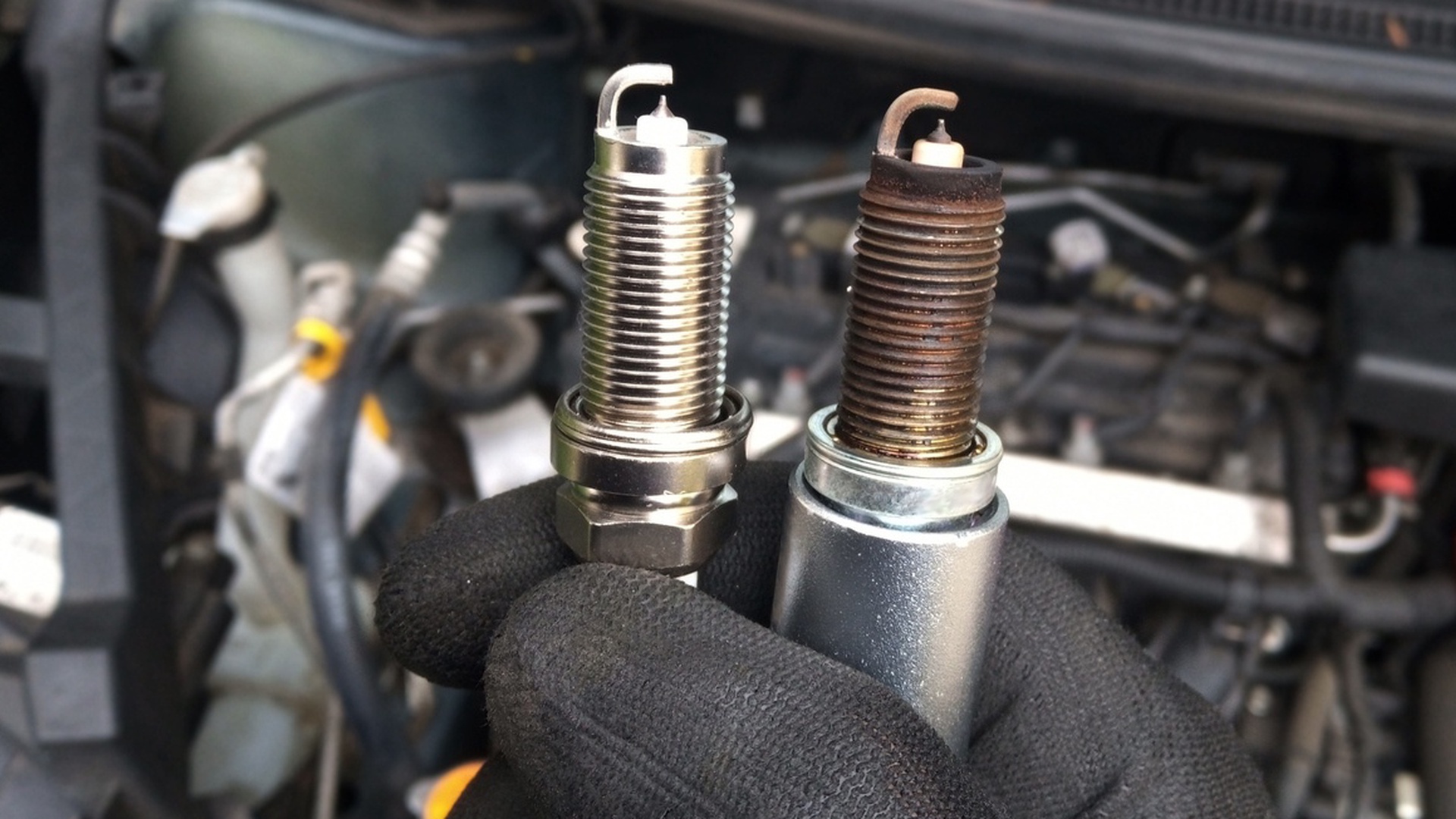

Current annual production of iridium is estimated to be between 5.5 and 7.7 tons, with South Africa accounting for over 85% of this output, along with contributions from Zimbabwe. According to a report by Johnson Matthey on platinum group metals, global demand for iridium is projected to reach 7.9 tons in 2022. This demand is distributed across various industries, with the electrochemical sector requiring 3.1 tons, the electronics industry 2.0 tons, the chemical industry 0.9 tons, and other industries accounting for the remaining 2.0 tons.
Iridium is primarily sourced from key products in these industries: it is used in oxygen evolution anodes in the electrochemical sector, iridium crucibles in electronics, and iridium acetate and iridium alloy spark plugs in chemical applications. Given the increasing emphasis on global net-zero policies, the use of iridium is notably rising in electrochemical industries, particularly for electrolytic water and fuel cells.
One interesting application of iridium is in spark plugs, a vital component that ensures the efficient operation of car engines. High-performance and long-lasting spark plug electrodes often contain this valuable metal due to its exceptional durability and high melting point. However, when spark plugs reach the end of their lifespan, they are often discarded, leading to the loss of this precious resource. This guide delves into the processes involved in recovering iridium from spark plugs and other secondary sources, highlighting the efforts of specialized refiners like Phoenix Refining, who are at the forefront of this important recycling initiative.
Platinum-iridium alloys are specifically chosen for spark plug electrodes due to their high melting point, hardness, corrosion resistance, and low contact resistance. While the amount of iridium in a single spark plug is small, collectively, the millions of spark plugs replaced annually represent a significant secondary resource. Recycling these not only conserves a rare element but also reduces the environmental impact associated with primary mining.
Recycling iridium from old spark plugs is no small task. Iridium is one of the toughest, most stable metals out there, which makes it ideal for extreme environments but also very hard to extract. That’s why the recycling process involves multiple professional stages to safely and efficiently recover it.
The first step is pretreatment, which involves isolating the tiny iridium tip from the rest of the spark plug. This can be done by physically separating the parts, such as dismantling or crushing the plug. In larger industrial operations, these components are melted or smelted, especially when mixed with other types of electronic waste. Alternatively, chemical methods may be used to dissolve the surrounding materials, leaving behind the iridium.
Next comes dissolution, where the goal is to convert solid iridium into a form that can be dissolved in a liquid. Because iridium resists most acids, refiners use creative solutions. One common method involves alloying iridium with a softer metal like zinc. The softer metal is then dissolved away with acid, leaving a fine iridium powder behind. Another method involves mixing iridium with powerful chemicals like sodium peroxide and heating it to form compounds that can be dissolved by acid. Some facilities use chlorination heating iridium with salt and chlorine gas to create a compound that dissolves in hydrochloric acid. Electrochemical methods are also used, where electric current and acid work together to break down the metal into solution over time.
After the iridium is successfully dissolved, the final step is purification. At this stage, the solution still contains unwanted metals and byproducts. Refiners use a series of chemical reactions to separate and clean the iridium. This typically starts by adding a chemical like ammonium chloride, which causes the iridium to form a solid compound that can be filtered out. To further purify the metal, it may be chemically reduced and then reoxidized, which helps isolate it from impurities. Adjusting the acidity of the solution and adding sulfur-based compounds can remove other base metals without affecting the iridium. Finally, the purified iridium compound is heated in air to form iridium oxide, then reduced in a hydrogen atmosphere at high temperature to produce ultra-pure iridium powder often over 99.9% pure.
In some cases, refiners may use advanced techniques like the sodium nitrite method or solvent extraction and ion exchange to achieve even greater purity, especially when separating iridium from other platinum group metals.
Phoenix Refining is a company that specializes in the recovery of precious metals from a variety of waste materials, including old iridium spark plugs. They possess the advanced technology and expertise necessary for the safe extraction and purification of iridium. This process involves handling complex steps to transform spent spark plugs into high-purity iridium, which is then ready for a new life in various applications. Moreover, companies like Phoenix Refining prioritize environmentally sound practices, ensuring that refining is conducted responsibly. By choosing to recycle your old iridium spark plugs with a service like theirs, you play a crucial role in preventing valuable metals from going to waste and contribute to a more sustainable approach to resource management.